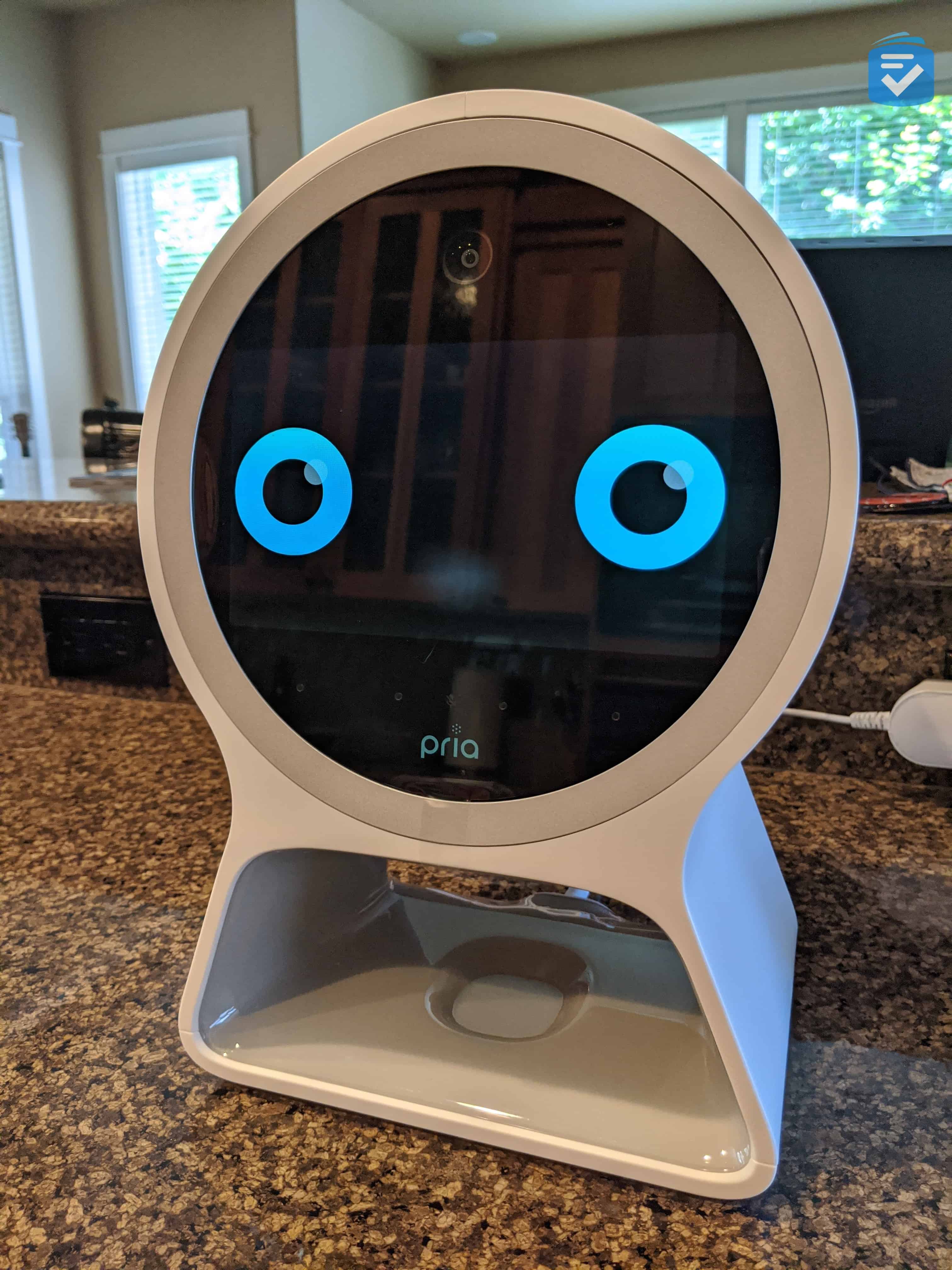List of Anticholinergic Drugs and Why Some of Them are Dangerous for Seniors
Anticholinergic Drugs: What You Should Know
- Anticholinergic drugs refer to a type of medication that blocks acetylcholine, a neurotransmitter that that plays a role in memory, attention, and involuntary muscle movement.
- Common medications with anticholinergic properties include Thorazine, Tylenol PM, and Benadryl.
- Anticholinergic drugs can lead to drowsiness, delirium, and an increased risk of falls.
Many older adults take both prescription and over-the-counter medicines for allergies, mood, or sleep. Before doing so, however, make sure you consult with your doctor. There is a good chance that some of these medications are classified as “anticholinergic drugs.”
What Are Anticholinergic Drugs?
Among the many chemicals that circulate from your brain to your body, there is one in particular called acetylcholine, and it is very important in regulating muscles in your intestines and bladder. It also impacts learning and memory. Anticholinergic drugs block this chemical.

Why Are Anticholinergic Drugs Used?
Drugs with anticholinergic properties have been used in medicine for decades to treat conditions such as:
- diarrhea and other gastrointestinal disorders
- asthma
- dizziness and motion sickness
- Parkinson’s disease symptoms such as involuntary movements
- overactive bladder and urinary incontinence
- chronic obstructive pulmonary disease (COPD)
This group of medications can also be used in tandem with anesthesia. Anticholinergics can:
- maintain heartbeat regularity
- lower saliva secretion
- relax muscles
Anticholinergic Drugs and Seniors
As you age, especially after 65, you have fewer neurons (brain cells) that can even absorb acetylcholine. Thus, if you decrease the amount of acetylcholine as a side effect of certain medications, it accelerates this process, and you have even less of this neurotransmitter circulating.
All medications –– whether prescription or over the counter –– are cleared from the body by the liver or kidneys. As you age, your liver and kidneys work more slowly, and there can be an unintentional buildup of these drugs in your system. (Always check with your doctor to make sure you are on the right dose of a medication for your age.) As such, you can have severe side effects from these anticholinergic drugs.
Even when used as instructed, anticholinergics can have some unpleasant side effects. Naturally, these will vary depending on the specific drug and dosage.
The side effects may include:
- blurry vision
- constipation
- drowsiness
- sedation
- trouble urinating
- memory issues
- hallucinations
Another side effect is that these drugs can decrease sweat production and thereby raise your body temperature. This can lead to heatstroke.
Also, anticholinergic drugs are linked to an increased risk of dementia with long-term use. If you take these medications, make sure you check with your doctor about how long you need to take them.
Although technologies like pill dispensers and medical alert systems are a partial solution for safety and independence, it’s still important to be wary of anticholinergic usage.
Consulting Your Pharmacist
Did you know most pharmacists will review your medications for free?
Older adults should frequently ask their pharmacist or doctor to audit their drugs. This can be particularly important for those taking multiple medications simultaneously. Medical professionals will screen for drug combinations that create high anticholinergic levels. Periodic and thorough reviews minimize the risk of adverse drug effects.
FYI: Be sure to inform your doctor or pharmacist of alcohol usage. Taking anticholinergic drugs with alcohol can result in unconsciousness or even death.
A Comprehensive List of Anticholinergic Drugs
Here’s a comprehensive list of Anticholinergic Drugs. This list is courtesy of The People’s Pharmacy and was included in Dr. Shelly Gray’s study1 at the University of Washington:
- Amitriptyline (Elavil)
- Atropine
- Benztropine (Cogentin)
- Chlorpheniramine (Actifed, Allergy & Congestion Relief, Chlor-Trimeton, Codeprex, Efidac-24 Chlorpheniramine, etc.)
- Chlorpromazine (Thorazine)
- Clomipramine (Anafranil)
- Clozapine (Clozaril)
- Cyclobenzaprine (Amrix, Fexmid, Flexeril)
- Cyproheptadine (Periactin)
- Desipramine (Norpramin)
- Dexchlorpheniramine
- Dicyclomine (Bentyl)
- Diphenhydramine (Advil PM, Aleve PM, Bayer PM, Benadryl, Excedrin PM, Nytol, Simply Sleep, Sominex, Tylenol PM, Unisom, etc.)
- Doxepin (Adapin, Silenor, Sinequan)
- Fesoterodine (Toviaz)
- Hydroxyzine (Atarax, Vistaril)
- Hyoscyamine (Anaspaz, Levbid, Levsin, Levsinex, NuLev)
- Imipramine (Tofranil)
- Meclizine (Antivert, Bonine)
- Nortriptyline (Pamelor)
- Olanzapine (Zyprexa)
- Orphenadrine (Norflex)
- Oxybutynin (Ditropan, Oxytrol)
- Paroxetine (Brisdelle, Paxil)
- Perphenazine (Trilafon)
- Prochlorperazine (Compazine)
- Promethazine (Phenergan)
- Protriptyline (Vivactil)
- Pseudoephedrine HCl/Triprolidine HCl (Aprodine)
- Scopolamine (Transderm Scop)
- Thioridazine (Mellaril)
- Tolterodine (Detrol)
- Trifluoperazine (Stelazine)
- Trimipramine (Surmontil)
Other Anticholinergic Drugs (with Lesser Anticholinergic Effect)
Here are some other anticholinergic drugs to watch out for. Generally, they have a weaker anticholinergic effect. Still, you should be mindful of using these drugs, especially if you are already taking another anticholinergic; combining them can result in serious injury or even death:
- Alprazolam (Xanax)
- Amantadine (Symmetrel)
- Baclofen
- Carisoprodol (Soma)
- Cetirizine (Zyrtec)
- Cimetidine (Tagamet)
- Clorazepate (Tranxene)
- Codeine
- Colchicine
- Digoxin (Lanoxicaps, Lanoxin)
- Diphenoxylate (Lomotil)
- Fluphenazine (Prolixin)
- Furosemide (Lasix)
- Hydrochlorothiazide (Esidrix, Dyazide, HydroDIURIL, & Maxzide)
- Loperamide (Imodium)
- Loratadine (Alavert, Claritin)
- Maprotiline
- Nifedipine (Adalat, Procardia)
- Ranitidine (Zantac)
- Thiothixene (Navane)
- Tizanidine (Zanaflex)

Signs of a Possible Anticholinergic Overdose
If you’re taking any of the above drugs, contact a doctor immediately if you notice the following symptoms, as these can indicate a possible overdose:
- dizziness
- severe drowsiness
- fever
- severe hallucinations
- delirium
- confusion
- trouble breathing
- clumsiness and slurred speech
- fast heartbeat
- constipation
- inability to urinate
FYI: It is vitally important to remember that these side effects can build up over time; they may not happen immediately or overnight. It is possible to get a chronic overdose that may take weeks to notice.
Who Else Should Avoid Anticholinergics?
While older patients are more susceptible to the toxicity of anticholinergic drugs, they are not the only ones who should avoid this type of medication.
You should also avoid anticholinergic drugs if you have:
- myasthenia gravis
- hyperthyroidism
- glaucoma
- enlarged prostate
- kidney problems or are on dialysis
- hypertension (high blood pressure)
- urinary tract blockage
- increased heart rate (tachycardia)
- heart failure
- severe dry mouth
- hiatal hernia
- severe constipation
- liver disease
- down syndrome
- Alzheimer’s dementia
Anticholinergic Alternatives
The preceding lists of drugs above are daunting, and you might feel as though you’ll simply have to suffer through whatever condition for which they’ve been prescribed.
Luckily, this is not the case! There are safe and effective alternatives. Check with your doctor or pharmacist. Discuss your symptoms and get recommendations for other options that are safe for older adults.
Here are some safer alternatives to popular anticholinergics, based on a study2 published in the Journal of the American Geriatrics Society:
Prescription Savings: With a prescription discount card, you can save on the cost of prescription drugs, possibly even more than you would with insurance.
Anticholinergic Alternatives
| Description | High-Risk Anticholinergic | Side Effects | Safer Alternative |
|---|---|---|---|
| First-Generation Antihistamines |
|
|
|
| Antiparkinson Agents |
|
|
|
The first step, as with anything related to medication, is to consult with your doctor. They will likely know of the risks associated with older patients and anticholinergic medicines. If you keep them informed of any additional medications that you’re taking, including over-the-counter medicines, then you greatly cut down on the likelihood of an anticholinergic overdose. In addition, let your doctor know if you think you are experiencing side effects so he or she can monitor you and adjust your medication if needed. Always remember that safety comes first!

